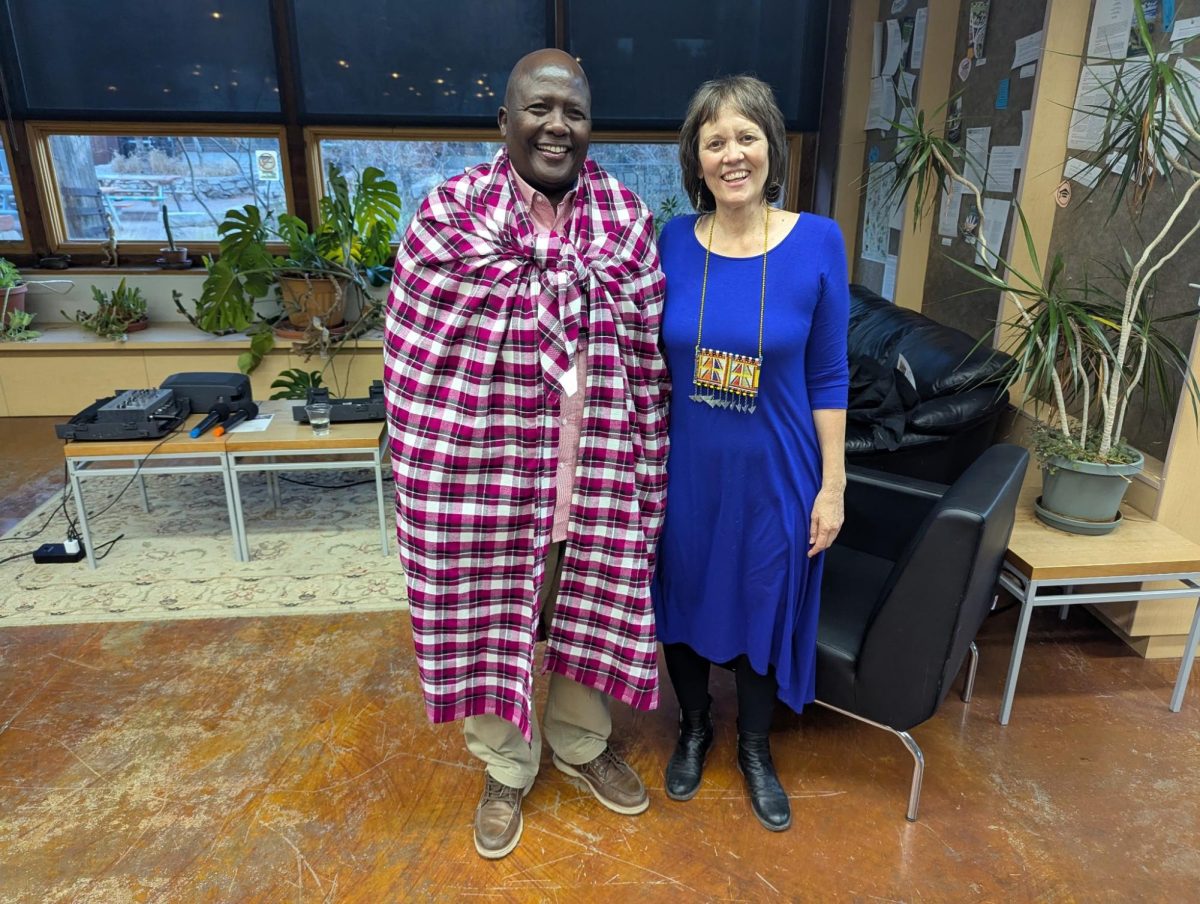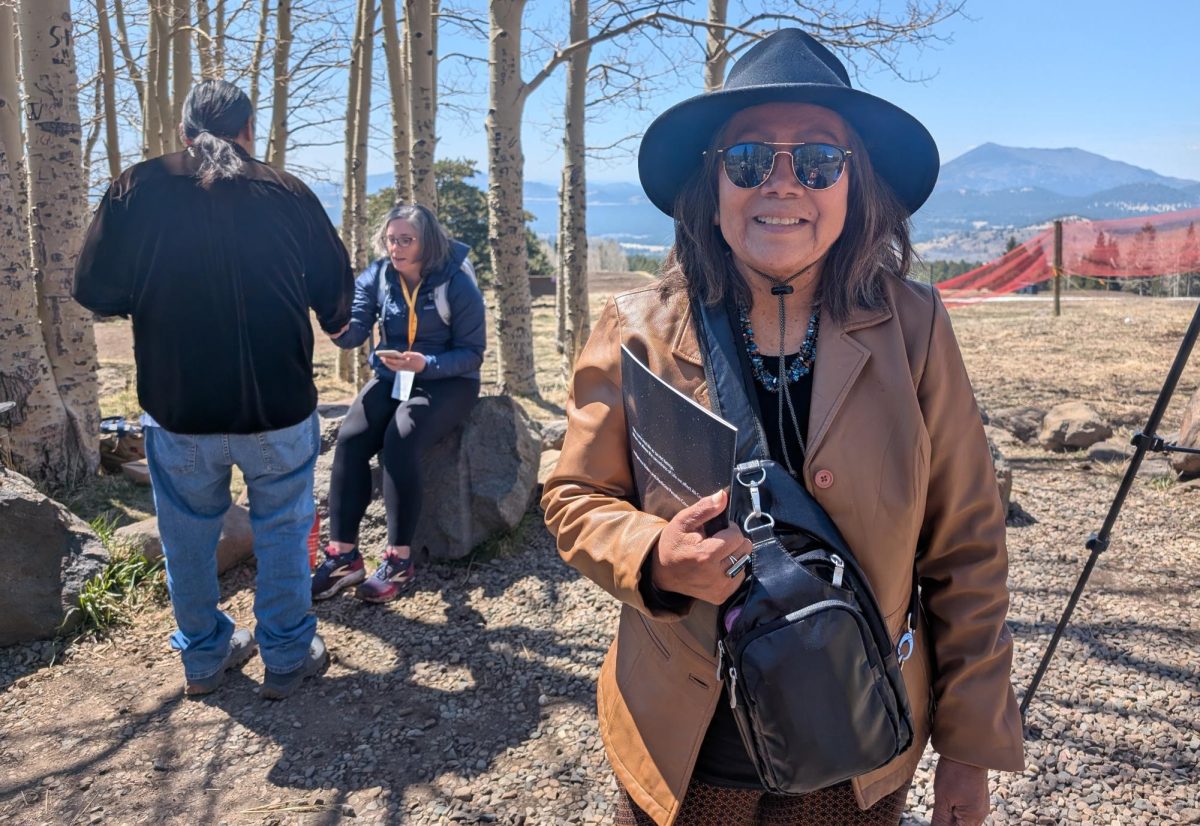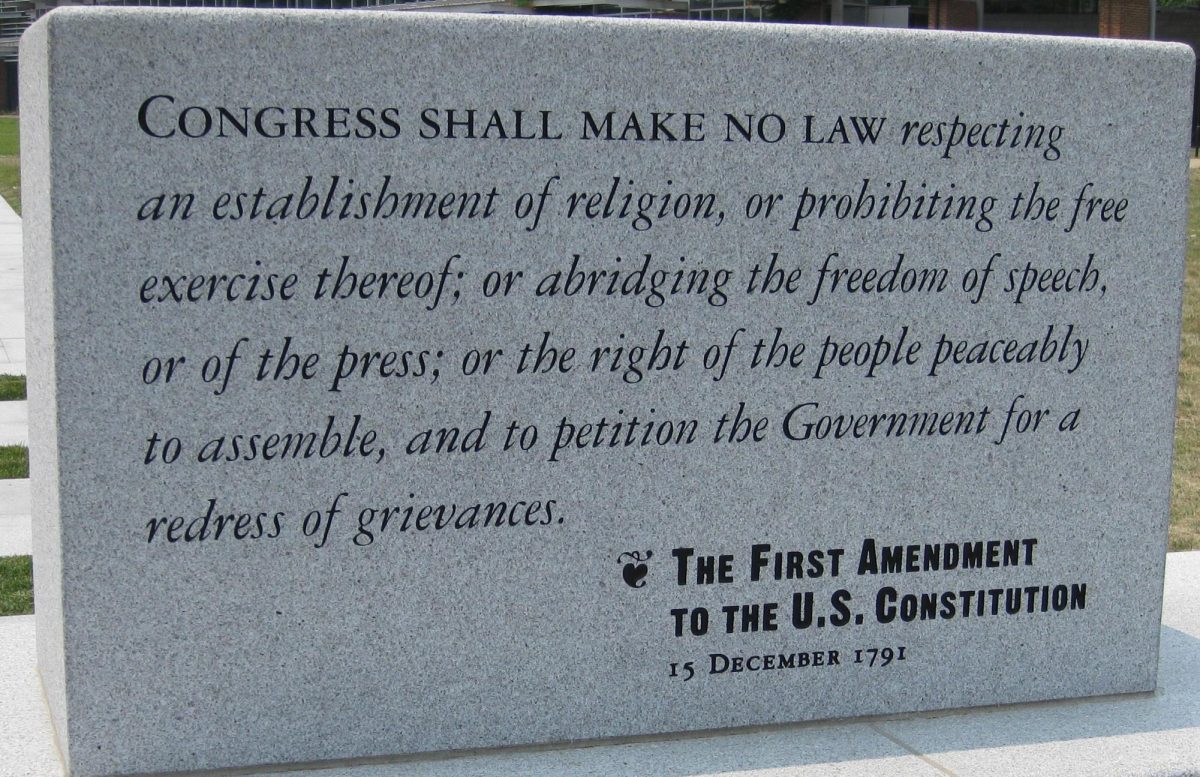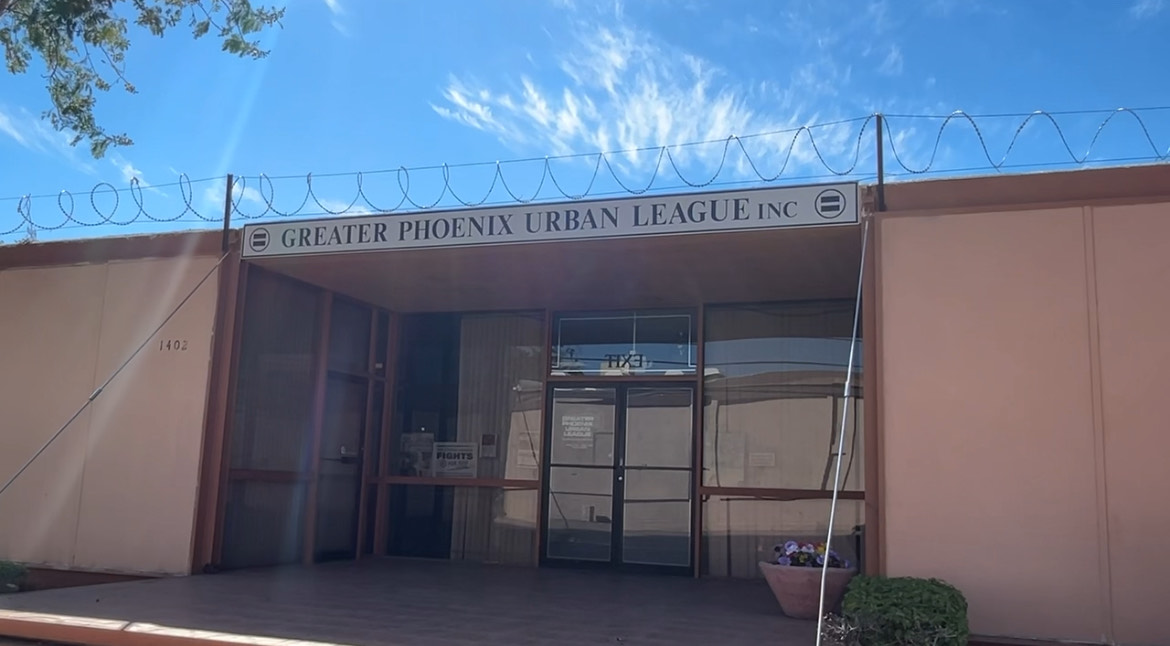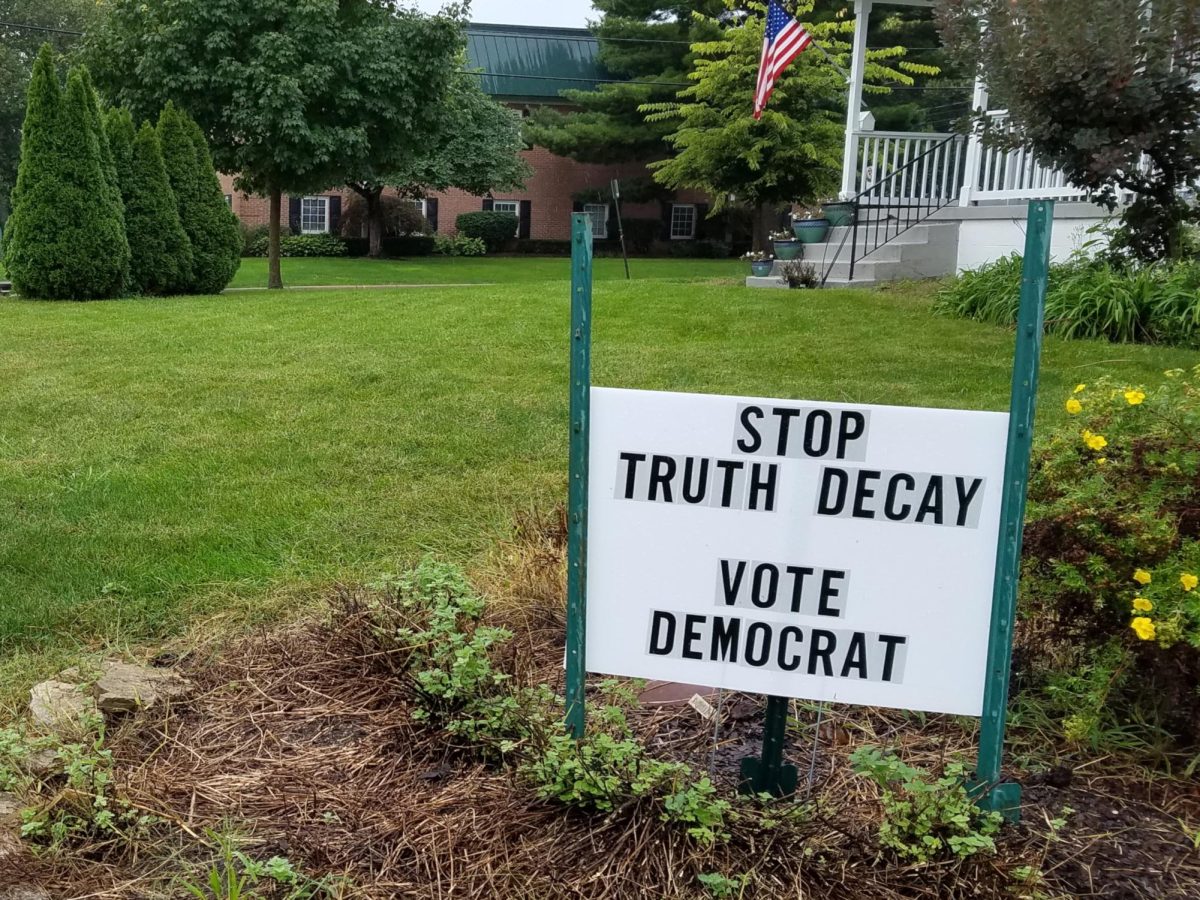Prescott College celebrated the launch of a groundbreaking book, Decolonizing Maasai History: A Path to Indigenous African Futures, on Martin Luther King Jr. Day, Jan. 20, 2025. The event, held at the Prescott College Library, brought together faculty, students, alumni, staff and community members to honor the work of co-authors Meitamei Olol Dapash, a Maasai leader and activist, and Mary Poole, a historian at Prescott College.
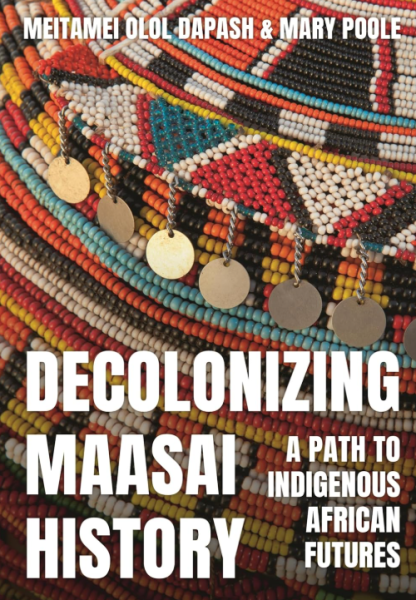
The book offers a compelling reinterpretation of Maasai history, centering on Maasai memory and
perspectives. It delves into the intricate relationships between Western colonial narratives, the history of Kenya pre- and post-nationhood, and Indigenous approaches to land stewardship that challenge global resource extraction practices. Through their collaboration, Dapash and Poole aim to decolonize historical accounts and pave the way for Indigenous African futures rooted in justice and self-determination.
During the event, attendees were moved by Dapash’s reflections on his personal journey and the significance of reclaiming Maasai heritage.
“I was so embarrassed to be a Maasai person,” Dapash said. “I remember being a young boy, and my mother coming to my school dressed like this [gesturing to his traditional attire], and I was so embarrassed.”
Dapash, who attended a technical school, recounted how his education in a Westernized system often made him feel disconnected from his cultural roots. His candid recounting underscored the profound impact of colonialism on cultural identity and the importance of initiatives like this book in restoring pride and understanding.
“Writing this book came naturally,” he said. “Moments like this are very rare for Indigenous Maasai people,” he added.
Mary Poole highlighted the collaborative nature of the project, which reflects her two-decade partnership with Dapash on land rights and environmental justice. Poole’s work as a historian emphasizes decolonizing research methods and amplifying Indigenous voices.
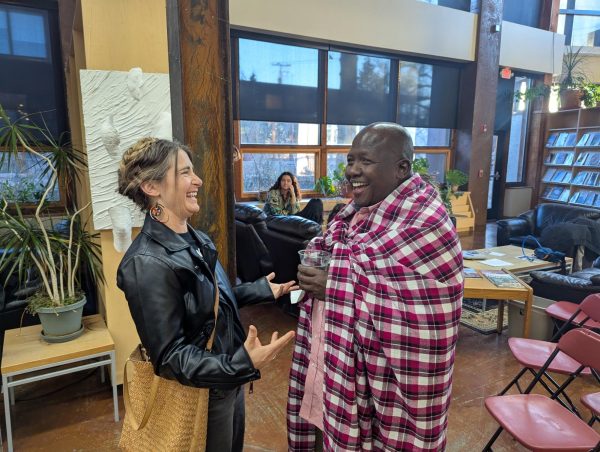
“This book is a testament to the power of collaboration and listening,” she said. “Questions are raised all the time about who has the right to tell the story of history,” Poole said. “All these questions about history are relevant to us at this moment as we struggle to define what democracy means and how we are moving forward as a community.”
Scheduled for publication on Jan. 23, 2025, the book will be available in paperback, hardback and open-access ebook formats. Its release marks a significant milestone in rethinking African history and promoting Indigenous rights.
The launch event was a powerful reminder of the enduring need for decolonized narratives and the role of academic institutions in fostering meaningful dialogue and change.


